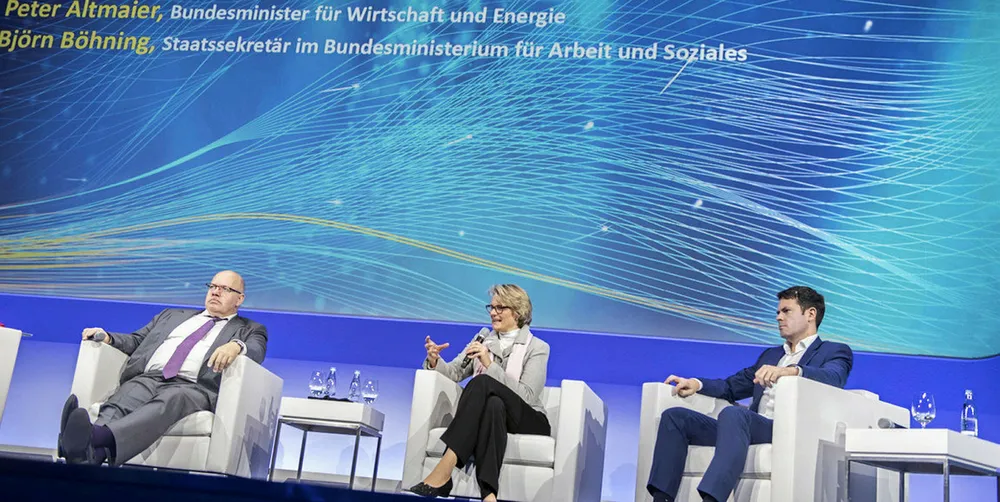Merkel cabinet split on green vs blue hydrogen dilemma
Energy minister Altmaier includes blue hydrogen linked to CCS in its hydrogen strategy while the science and environment ministries favour green H2 only

Energy minister Altmaier includes blue hydrogen linked to CCS in its hydrogen strategy while the science and environment ministries favour green H2 only
